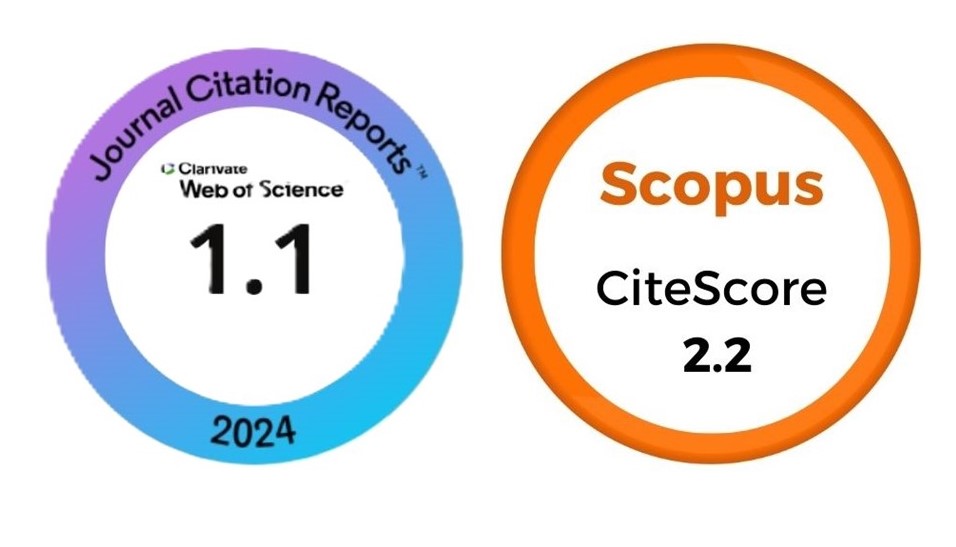Germination of the seeds and cytogenetic analysis in two species of palms
DOI:
https://doi.org/10.14295/rbho.v18i1.696Keywords:
Euterpe edulis, Archontophoenix alexandrae, mitosis, meiosis, chromosome, tetrads, pollen viability.Abstract
Euterpe edulis and Archontophoenix alexandrae are palm trees used for ornamentation purpose and palm heart extraction. Seed germination and VGI, mitotic and meiotic chromosome behavior and quantification of pollen were assessed. For each species in each location and in each substracts, 60 seeds were used. Mitotic chromosome analyses and identification of differential nucleoli were made in meristem zone of primary root. Giemsa 2% (m/v) and AgNO3 50% (m/v) were used as dyes, respectively. Chromosomes analysis in microsporogenesis and pollen viability were made on anthers of buds and stained with carmine propionic 2% (m/v). The greatest index of germination and VGI of the seeds, in two species, were observed in samples from Maquiné in a substract containing vermiculite. A. alexandrae is a diploid with 2n=2x=32 chromosomes with karyotype m+12sm+4st+2t. E. edulis is a diploid with 2n=2x=36 chromosomes with karyotype 16m + 12sm + 8t. Both have a submetacentric pair of chromosomes with intermediate secondary constriction containing nucleoli with active ribosome genes. In these two species microsporogenesis and pollen analyses showed high percentage of normal cells at all stages of meiosis I and II resulting a high meiotic index (normal tetrads) and pollen viability, indicating that in these species the genes are expressed normally in environmental conditions in which they live and do not present problems in the formation of male reproductive cells.








